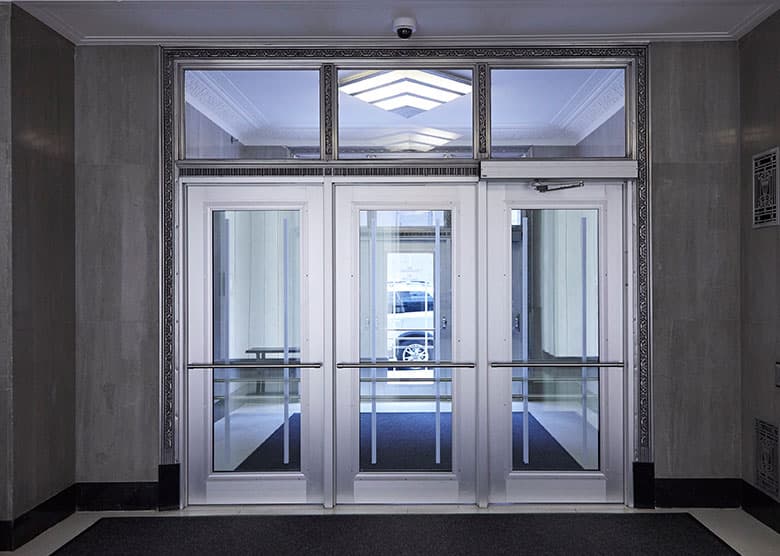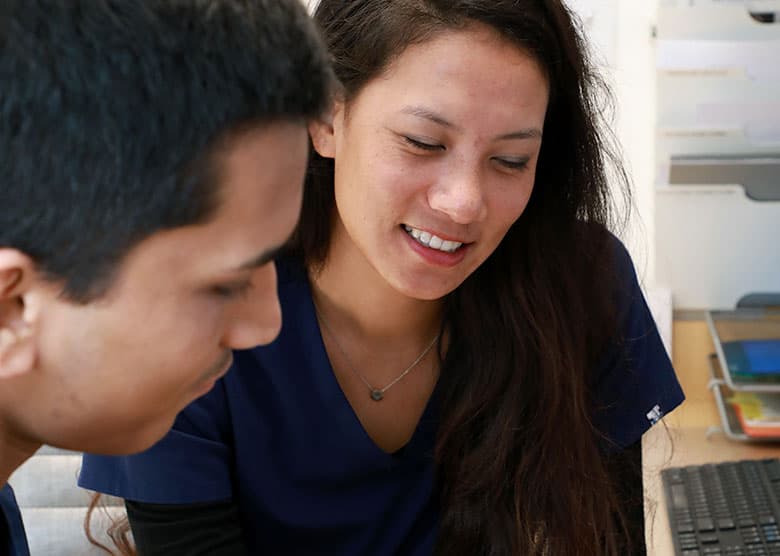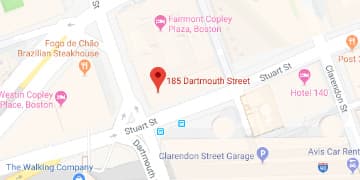Basal Cell Carcinoma
Jump To

What is Basal Cell Carcinoma?
Basal cell carcinoma (BCC) is the most common form of skin cancer. More than 2 million people are diagnosed with it in the United States each year. BCC is not a life threatening form of skin cancer except in very very rare cases. BCC most commonly happens on the face and may start out looking like a pimple that never goes away.
Who gets Basal Cell Carcinoma?
You are more likely to get BCC if you have the following risk factors:
- Light colored/freckled skin, blue green or gray eyes, blonde or red hair or an inability to tan
- Spent a lot of time outdoors for work/leisure without using sunscreen or covering up with clothing
- Frequently used tanning beds
- If you had one BCC, your risk for developing a second one increases
- Your blood relative has or had BCC
- Taking drugs which suppress the immune system
- Overexposure or long term exposure to x-rays
- Some people are born with a rare condition that makes them more likely to develop skin cancers.

Basal Cell Carcinoma Treatment
The only way to diagnose any type of skin cancer is with a skin biopsy. After the BCC is diagnosed, there are several ways to treat a BCC:
- Excision: affected area is numbed and the BCC is cut out and stitches are used
- Curettage and electrodessication: tumor is scraped then electricity is used to destroy any remaining cancer cells.
- Moh’s surgery: a dermatologic surgeon will cut out the BCC and a small amount of normal-looking skin surrounding the skin cancer. While the patient waits, the Moh’s surgeon uses a microscope to make certain that all of the cancer was completely removed. The surgeon will continue to remove a very small amount of skin until all of the skin cancer cells are gone. Our board-certified dermatologists can help suggest qualified Moh’s surgeons if needed, but we do not perform the surgery in our office.
- Cryosurgery: liquid nitrogen is used to freeze and kill the cancer cells
- Photodynamic therapy (PDT): a chemical is applied to the skin then the skin is exposed to a special light to kill the cancer cells.
- Medicated creams: certain creams can be used to treat early BCC.
Tips to Prevent Basal Cell Carcinoma
Most BCC’s are cured with the prescribed treatment.
- Keep all follow-up appointments
- Perform skin self-exams
- If you see anything on your skin that is growing, bleeding or in any way changing, immediately call your dermatologist
- Protect your skin from the sun and indoor tanning
- Wear a broad-spectrum (UVA/UVB) SPF 30, waterproof sunscreen 15 minutes before going outdoors
- Wear sunglasses outdoors
- Avoid outdoor activities between 10 a.m. and 2p.m.
- Avoid getting tan and never use a tanning bed or a sun lamp
Learn more at the American Academy of Dermatology: AAD Basal cell carcinoma.









